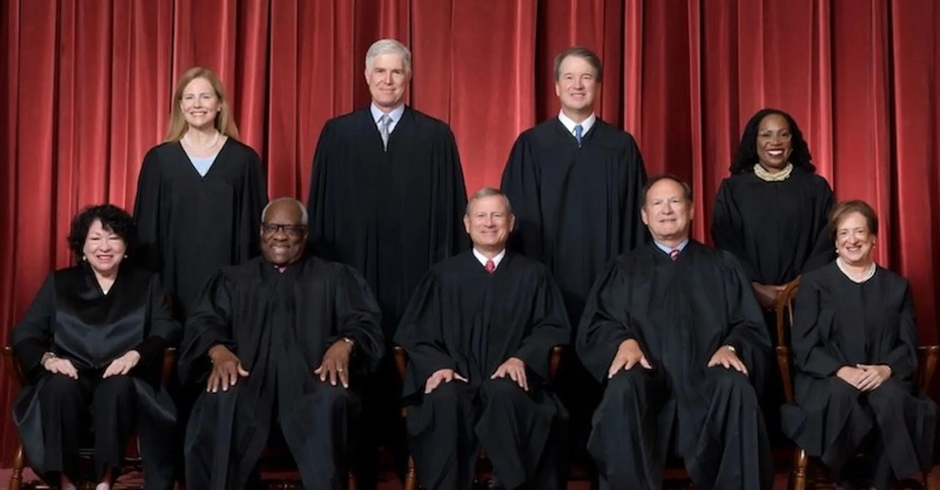Oral arguments were heard yesterday in the appeal of the government against the states of Louisiana, Missouri and seven plaintiffs who claim that Biden officials, including Surgeon General Vivek Murthy, violated the First Amendment by pressuring social media platforms to suppress or delete content about COVID-19 that federal officials found objectionable.
The Biden administration had an extensive communication pipeline into Twitter, Facebook, Instagram, Google, YouTube and various subsidiary tech companies where instructions, the government says “encouragement”, were/was given about the removal of content critical of the government position, and the removal of content providers – American citizens. Full Hearing Audio:
Making the case for the Biden administration, Deputy Solicitor General Brian Fletcher led the way. “We don’t think it’s possible for the government — through speech alone — to transform private speakers into state actors,” he said.
Fletcher said the government didn’t engage in coercion — which he said would be unconstitutional — just encouragement and persuasion for the social media platforms to enforce their existing rules at the time barring Covid-19 misinformation. “If it stays on the persuasion side of the line — and all we’re talking about is government speech — then there’s no state action and there’s also no First Amendment problem,” he said. “I think it’s clear this is exhortation, not threat.”
Louisiana state Solicitor General Benjamin Aguiñaga, arguing for the plaintiffs, said the speech the platforms were suppressing wasn’t their own speech but those of third parties, ordinary Americans. Aguiñaga also said the users often had no idea they were being impacted by the federal effort to prod the platforms to take down content. “The bulk of it is behind closed doors. That is what is so pernicious about it,” he said.
The questioning by the majority of the Supreme Court justices appeared to favor the government, in large part due to the inability of the plaintiffs to outline direct actionable harm to them as an outcome of the regulation of their speech by the tech platforms. The Supreme Court is expected to issue a decision in the case by late June.

